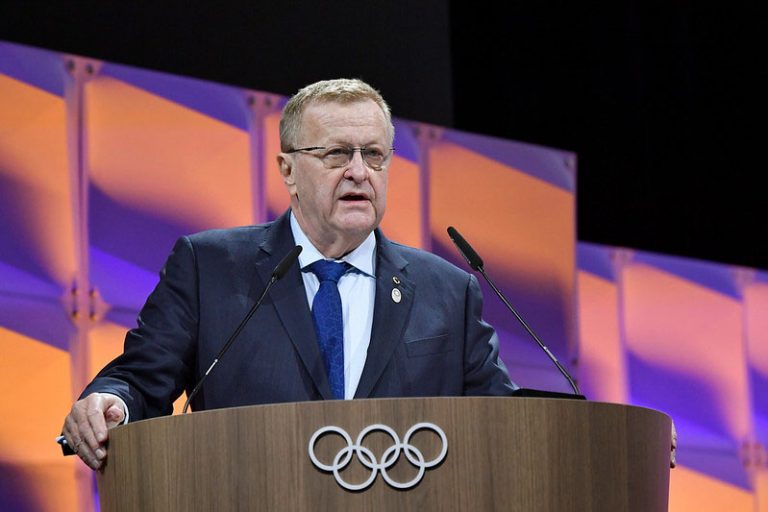Monaco – The impacts of the new reforms in Agenda 2020 approved by the International Olympic Committee (IOC) Monday are reverberating across the bid and organizing city landscape – but no immediate changes are expected.

PyeongChang slammed the door shut on any possibility that the sliding venue would be moved from its Alpensia resort site where construction is already underway and Provincial Governor Choi Moon-soon said during a press conference that “it was against national sentiment” to do so at this point.
But in Tokyo, where there are five more years to plan – changes have already been considered and could be implemented.
When asked where current organizing committees would benefit from Agenda 2020, Australian IOC Member John Coates who chaired the group studying bid proposals told GamesBids.com “more likely in Tokyo in looking at existing venues.”
“The issue of whether a major decision is going to be taken in respect to PyeongChang and going to another country for sliding sports is something that I don’t think they have their heads around yet.”
But PyeongChang 2018 Coordination Commission Chair Gunilla Lindberg said that the final decision would be up to the Korean organizers.
Meanwhile, bid cities for both the 2022 Winter Games and the Games in 2024 are moving forward now that the rules are set.
Beijing’s 2022 bid boasts that it already has the necessary components for a bid that is sustainable and convenient for athletes and economically efficient, and is in “full compliance” of new reforms.
“We highly appreciate the IOC’s approach and will work to implement these reforms,” said Wang Hui, spokesperson and Director of the Media and Communications department for Beijing 2022.
Canadian IOC Member Dick Pound asked the Session whether there was a possibility that the 2022 bid would be reopened to allow more cities to apply, or withdrawn bids to reapply under the new rules and reforms that could benefit them. He claimed Almaty and Beijing have been given an unfair advantage with the mid-campaign rule changes.
Bach summarily rejected the idea.

He told reporters “you always have an advantage when you stay in a competition, if you don’t stay in the competition, you cannot win.
“It’s very easy, this is like in a 10,000 metre race that if you pull out after five rounds then you cannot expect when it starts to rain, or the sun shines and it was raining before that then the race will be started again.
“We welcome the two candidates who have been following this procedure according to these regulations from the very beginning.”
The United States Olympic Committee (USOC) has scheduled a December 16 meeting where they expect to confirm if an American city will be nominated to bid for 2024, and to perhaps determine what city might receive the nomination from current contenders Boston, Los Angeles, San Francisco or Washington.
The Chicago Tribune reported that American IOC Member Larry Probst said “I would expect we would put one city forward rather than a regional bid,” suggesting that the nominated city would be capable of hosting all venues and events.
In Germany, where Hamburg and Berlin are being evaluated as potential nominated bids for 2024, the national Olympic committee DOSB’s Director General Michael Vesper didn’t say whether venue proposals would change, but he hoped that the spirit of Agenda 2020 might improve domestic public support for the bids.
“It’s at least a new philosophy which is important for our public in Germany because it is more transparency, more flexibility, more sustainability, more human rights – all those subject that are discussed in the German public regarding the Olympic Games so I hope that it will be a movement towards better public opinion,” Vesper told GamesBids.com.
In September Germans voted 79% in favour of hosting the Olympic Games, but not in their home city. In Berlin 48% were for a local bid while 49% were against it. In Hamburg 53% supported hosting in their city and 44% rejected the idea.
“I hope that the Olympic Agenda will help us develop these opinions into more positive mood,” Vesper added.
“I am waiting for the results at the end of February.”
The IOC has set a September 15, 2015 deadline to submit 2024 applications. The election for the 2022 Olympic host will take place in Kuala Lumpur on July 31, 2015 while the 2024 election will be held in Lima in 2017.
[With files from Christof Schmitz]


